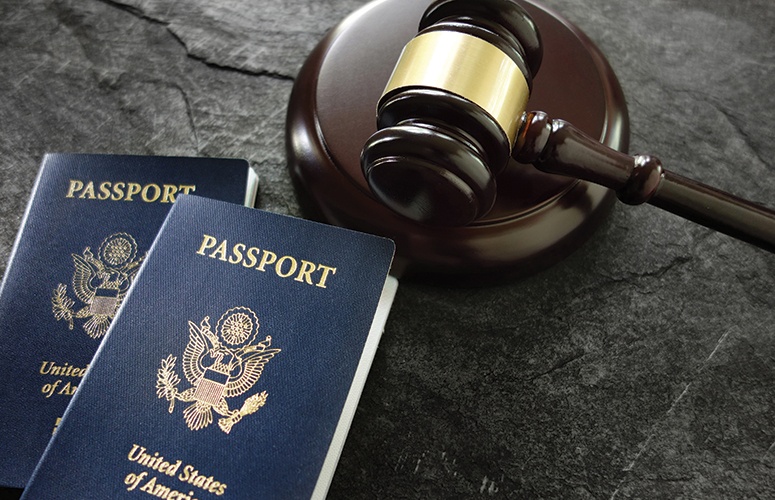Introduction
Immigration law in Pakistan encompasses the regulations and procedures governing the entry, stay, and exit of foreign nationals. It aims to manage immigration flows, ensure national security, and facilitate international mobility for business, tourism, education, and family reunification.

Conclusion
Immigration law in Pakistan provides a structured framework for managing the entry, stay, and exit of foreign nationals while ensuring the protection of Pakistani citizens working abroad. Continuous reforms and adherence to international standards are essential for maintaining an effective and humane immigration system that supports national security, economic growth, and social cohesion.
